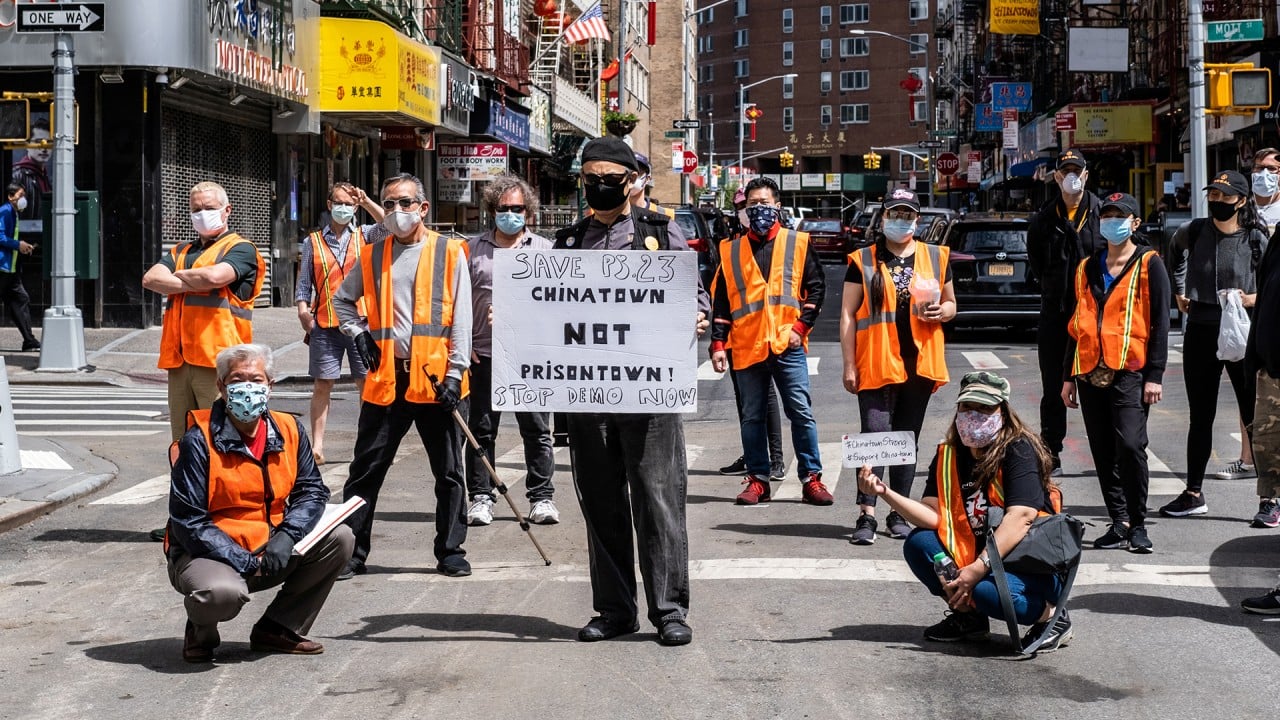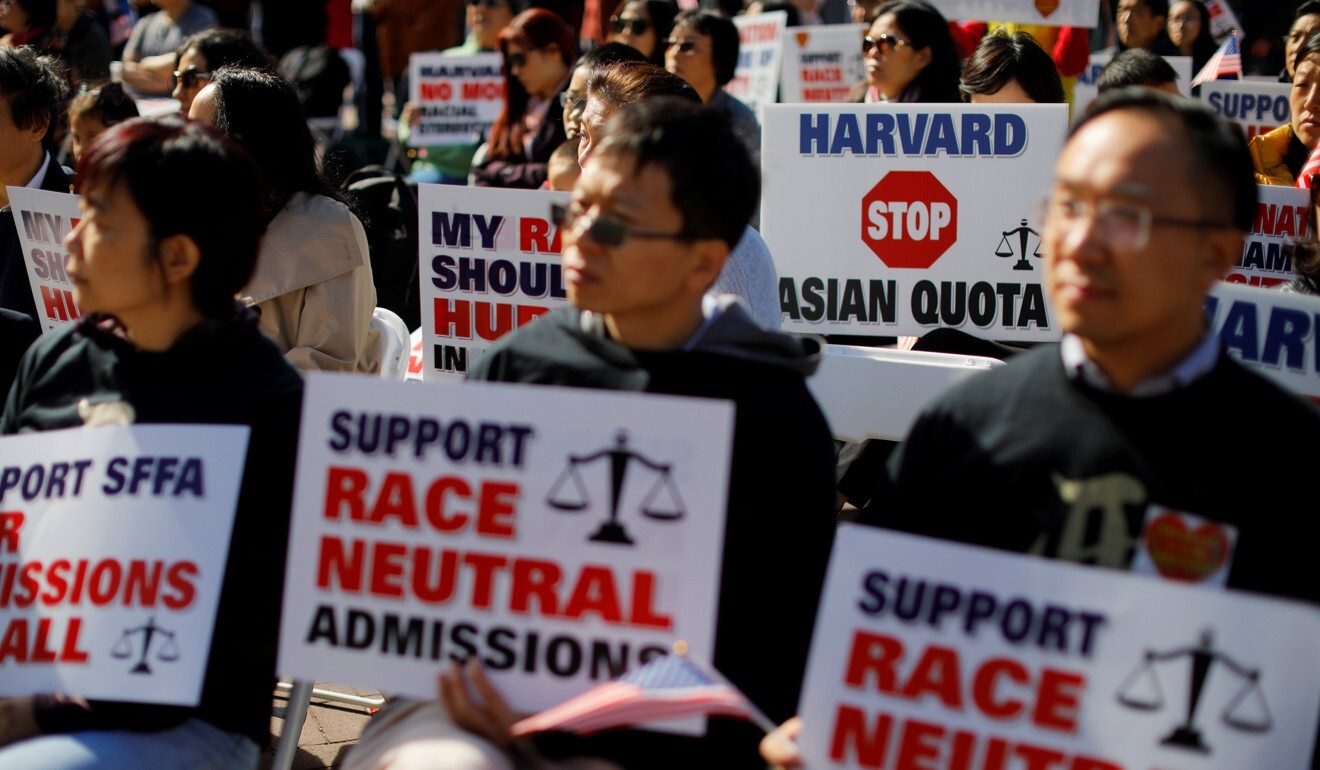
Outside the US, Black Lives Matter movement is devoid of context and perspective
- The protests after the death of George Floyd in the US rightly raised attention to the high rate of police killings of blacks compared to whites. The copycat protests elsewhere, however, require greater attention to the specific historical context
Otherwise, how could the world be turned upside down by a virus which has so far killed just one-third of the number of those who die annually from tuberculosis – another lung infection, which affects the young as much as the old?
How could prevention and treatment of other killer scourges be neglected to focus on just one? How could the futures of billions of mostly younger people in poor countries be sacrificed for much smaller numbers of older people in rich ones?
It is obviously progress that slavery is no long acceptable, but it is gross hypocrisy to generalise about individuals who lived in earlier times, slave owners from Aristotle to Thomas Jefferson who contributed much to human improvement. Monuments and place names are markers of history.
Progress lies in understanding history and why certain people now being viewed as evil were admired in their time. If history needs more balance, put up more statues.
Slavery and the slave trade were common in several parts of the world until quite recently. Africans sold Africans to European and Arab traders. Even Tang dynasty China imported slaves from Africa. Slave raiders seized thousands from the coastal settlements of the Visayas and Luzon for sale or for ransom in the markets of Makassar and Sulu.
In the 17th and 18th centuries, thousands of British, French and Spanish people were seized by slavers to sell (for those who could afford it). Slavery arose when manpower was in short supply and power unequally shared.
Slavery and skin colour do not necessarily go together but clearly did for Europeans enslaving Africans and, in the modern version, for the recruitment by Singapore and Hong Kong, for example, of domestic workers deprived of the rights taken for granted by other workers, whether permanent residents or not.
The disdain shown by government departments, notably labour and immigration officials, for these workers is shocking.
Domestic workers go ‘unpaid, hungry’ amid quarantine in Hong Kong
Black Lives Matter also, by implication, raises awkward issues about racial definitions. The US has a legacy of treating anyone who is of partly black descent as black. This is fundamentally racist and perpetuates racial stereotypes at a time when, at least in countries such as the US with diverse ethnic groups, mixes should not only be welcomed but acknowledged.
We need to question why former US president Barack Obama is invariably referred to as black when his mother was white. The number of people reporting as mixed race is rising but still seems far from the reality.

Likewise, racial categories need to take account of individual perceptions, not merely some arbitrary divisions. In the US, Hispanics/Latinos are usually classed separately from whites or blacks, though they may be either or none. About 50 per cent self-identify as white.
Black and Latino Americans more likely to die from coronavirus, study finds
Black Lives Matter has naturally focused on the specific issue of the high rate of police killings of blacks compared to whites, but incidentally raises a question about why police killings of whites greatly exceed those of Asians.

03:41
Asian-Americans, harassed over coronavirus, push back on streets and social media
Does Harvard discriminate against Asians? Depends who got in
The Economist this week has an article about the low level of blacks compared to whites in tech firms. But its accompanying chart shows Asians holding approaching 50 per cent of jobs at Google, Microsoft, Facebook and with Hispanics no better off than blacks.
Clearly, there are a lot of issues in these figures which are not just about race but touch on economic class, family background, culture, maybe even religion, or a lack of it.

In the UK context, the term “black” is also subject to confusion. People of South Asian origin may consider themselves black if in comparison with whites, but not as having an affinity with Afro-Caribbeans.
Meanwhile, there are wide socio-economic gaps between those of Indian origin compared with those of Pakistani or Bangladeshi origin which cannot be addressed as a simple black/white divide.
Black Lives Matter has a specific focus in the US but, elsewhere, it becomes simplistic me-too-ism devoid of context and perspective. It does, however, show that global trends still start in the US, not China.
Philip Bowring is a Hong Kong-based journalist and commentator

